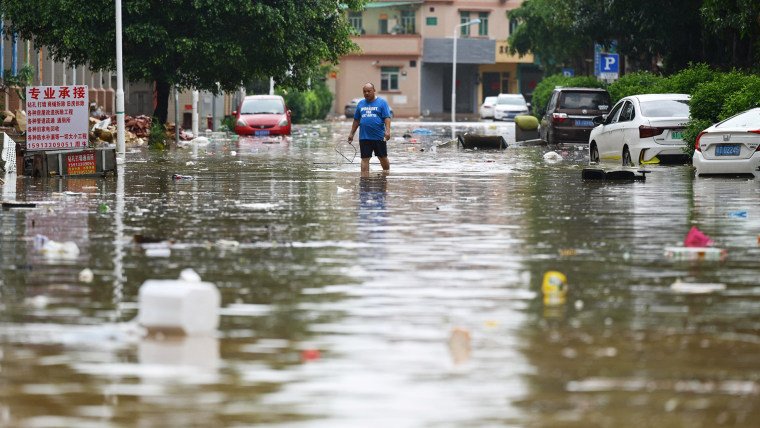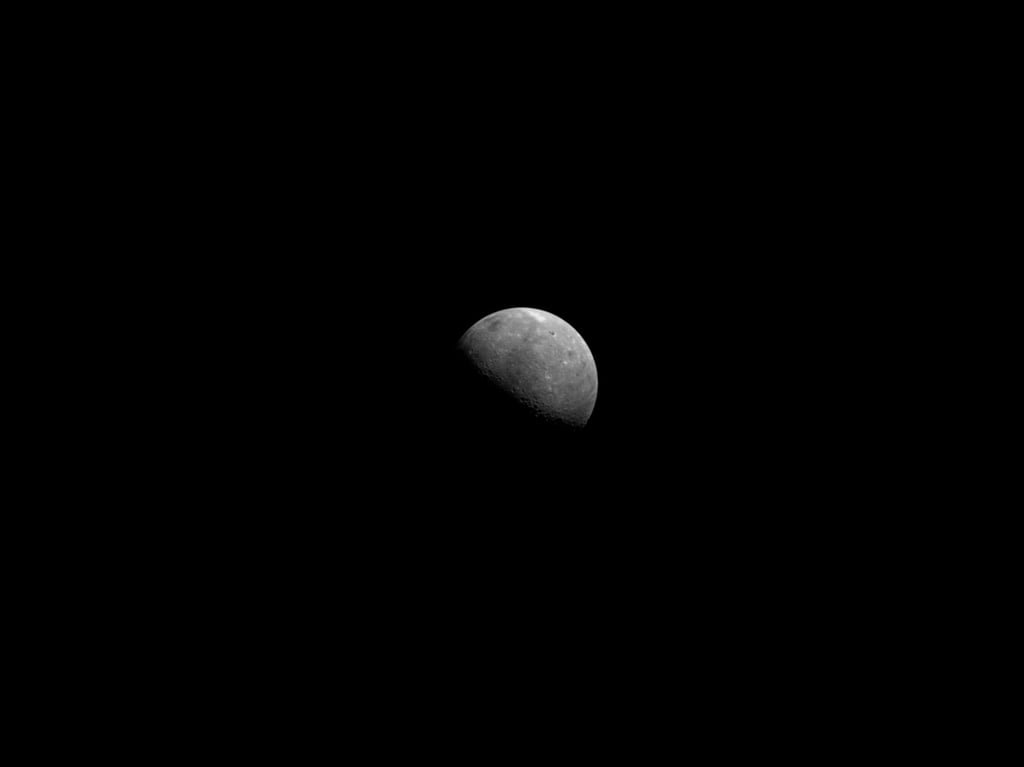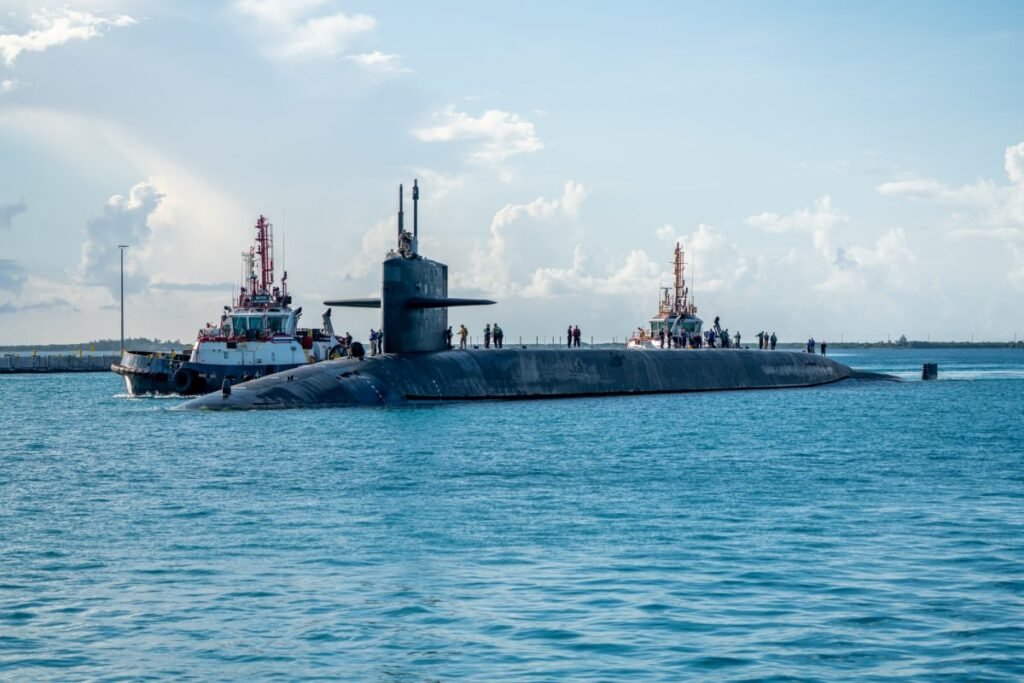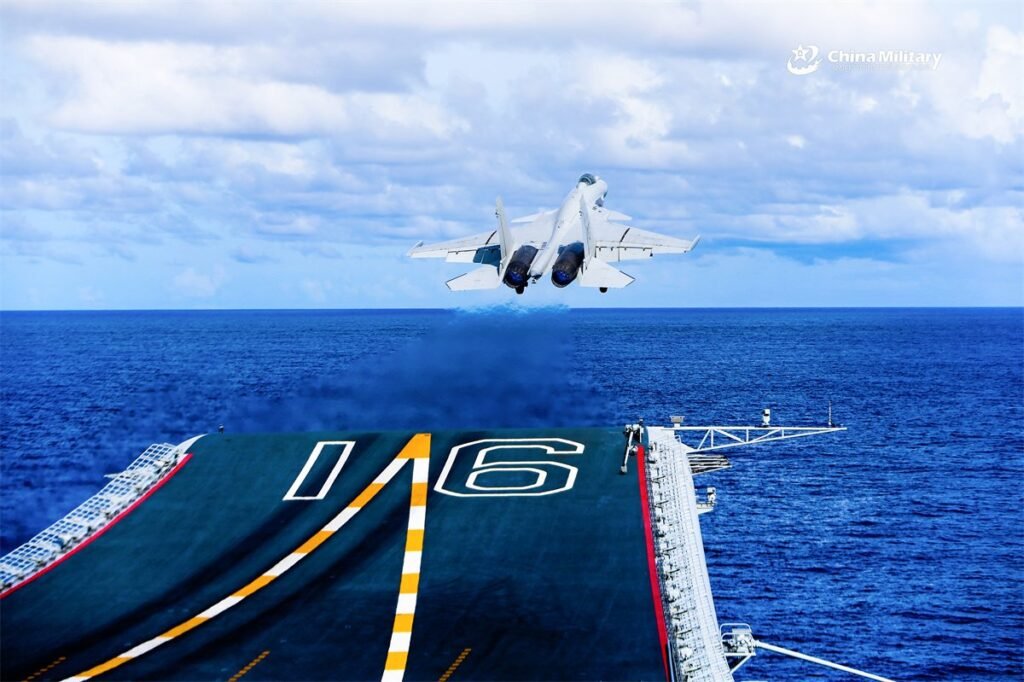The United States’ airstrikes on Iranian nuclear facilities early Sunday have triggered urgent global responses, with several world leaders calling for restraint and warning of the potential for a broader regional conflict.

The strikes, which marked Washington’s first direct military involvement in Israel’s ongoing campaign against Tehran, came just days after US President Donald Trump said he would take up to two weeks to decide if US is to strike Iran or not.
In response to Trump’s claim of the operation being a “spectacular success”, Iran said that no “irreversible” damage has been done to its nuclear facilities in – Fordow, Natanz and Isfahan. Follow Iran Israel war live updates.
Here’s how major global actors responded to the development:
Iran
Iran strongly condemned the US airstrikes, with foreign minister Abbas Araghchi calling the attacks “outrageous” and warning of far-reaching fallout. “The events this morning are outrageous and will have everlasting consequences,” Araghchi posted on X, describing the strikes as “lawless and criminal” actions.
He asserted that Iran has the right to respond under international law.
Also Read | B2 deployment, US strike, Trump’s threat: Israel-Iran conflict deepens in 24 hours | All that happened
“In accordance with the UN Charter and its provisions allowing a legitimate response in self-defense, Iran reserves all options to defend its sovereignty, interest, and people,” he said.
Separately, Iran’s atomic energy organization described the US operation as “a barbaric act that violates international law.”
“The Atomic Energy Organization of Iran assures the great nation of Iran… it will not let the path of development of this national industry (nuclear), which is the result of the blood of nuclear martyrs, be stopped,” it said in a statement carried by state media.
China
China condemned the US airstrikes through state media, warning Washington may be repeating past strategic mistakes. A flash commentary by CGTN, the foreign-language arm of China’s state broadcaster, described the US action as “a dangerous turning point.”
“History has repeatedly shown that military interventions in the Middle East often produce unintended consequences, including prolonged conflicts and regional destabilization,” the commentary stated, referring to the 2003 Iraq war.
It said a measured, diplomatic approach that prioritizes dialogue over military confrontation offers the best hope for stability in the Middle East.
United Nations
UN Secretary-General Antonio Guterres said he was “gravely alarmed” by the use of force by the United States and warned of disastrous consequences if the situation deteriorates further.
“There is a growing risk that this conflict could rapidly get out of control – with catastrophic consequences for civilians, the region, and the world,” Guterres said in a statement posted on X.
“There is no military solution. The only path forward is diplomacy,” he added, calling on UN member states to work toward de-escalation.
Israel
Israeli Prime Minister Benjamin Netanyahu praised President Trump’s decision, saying the strikes would reshape the future of the Middle East.
“Your bold decision to target Iran’s nuclear facilities with the awesome and righteous might of the United States will change history,” Netanyahu said in a video message.
He said the US had demonstrated unparalleled strength and credited the attacks with fulfilling a long-standing Israeli pledge.
“America has been truly unsurpassed,” Netanyahu added, telling Israelis that his commitment to eliminate Iran’s nuclear capabilities had now been “fulfilled.”
Hamas
Palestinian group Hamas also reacted sharply, calling the US airstrikes a “blatant US aggression against the territory and sovereignty of the Islamic Republic of Iran.”
“This brutal aggression is a dangerous escalation,” the group said in a statement. It denounced the strikes as “a flagrant violation of international law, and a direct threat to international peace and security.”
Saudi Arabia
Saudi Arabia’s official English account on ‘X’ wrote, “The Kingdom of Saudi Arabia is following with great concern the developments in the sisterly Islamic Republic of Iran, represented by the targeting of Iranian nuclear facilities by the United States of America.”
United Kingdom
Prime Minister of the United Kingdom Keir Starmer took to X and urged Iran to come back to negotiating table. “Iran’s nuclear programme is a grave threat to international security. Iran can never be allowed to develop a nuclear weapon and the US has taken action to alleviate that threat,” the post read.
“The situation in the Middle East remains volatile and stability in the region is a priority. We call on Iran to return to the negotiating table and reach a diplomatic solution to end this crisis,” Starmer wrote.
US Democrats
Since news of the attack broke, US Democrats have largely condemned President Trump’s action as an “unconstitutional” move.
The top house democrat, Congressman Hakeem Jeffries, criticised the President’s move as unauthorized and potentially reckless.
“President Trump misled the country about his intentions, failed to seek congressional authorization for the use of military force and risks American entanglement in a potentially disastrous war in the Middle East,” Jeffries said. He held the President personally accountable for the fallout.
“Donald Trump shoulders complete and total responsibility for any adverse consequences that flow from his unilateral military action,” he said.
New Zealand
New Zealand foreign minister Winston Peters urged calm and a return to negotiations, declining to take a position on Trump’s move.
He told reporters Sunday that the US strikes were too recent to assess. “The crisis is the most serious I’ve ever dealt with,” he said, adding that it was essential that “critical further escalation is avoided.”
“Diplomacy will deliver a more enduring resolution than further military action,” Peters stressed.
Japan
In Japan, Prime Minister Shigeru Ishiba was expected to convene a high-level meeting with cabinet ministers Sunday afternoon to assess the US strikes’ potential fallout, according to NHK.
Japan’s largest daily, Yomiuri, printed and distributed an extra edition in Tokyo covering the US attack.
South Korea
South Korea’s presidential office announced it would hold an emergency meeting to evaluate the security and economic implications of the US action and to discuss possible national responses.
Australia
Australia reaffirmed its call for diplomatic solutions after evacuating staff and closing its embassy in Tehran two days prior.
“We have been clear that Iran’s nuclear and ballistic missile programme has been a threat to international peace and security,” an Australian government official said in a written statement.
“We note the US President’s statement that now is the time for peace.”
“The security situation in the region is highly volatile. We continue to call for de-escalation, dialogue and diplomacy,” the statement added.
As international pressure builds for a diplomatic resolution, fears remain that the US strikes may have opened a new chapter in the Middle East crisis, with unpredictable and far-reaching consequences.
(With AP, AFP inputs)








